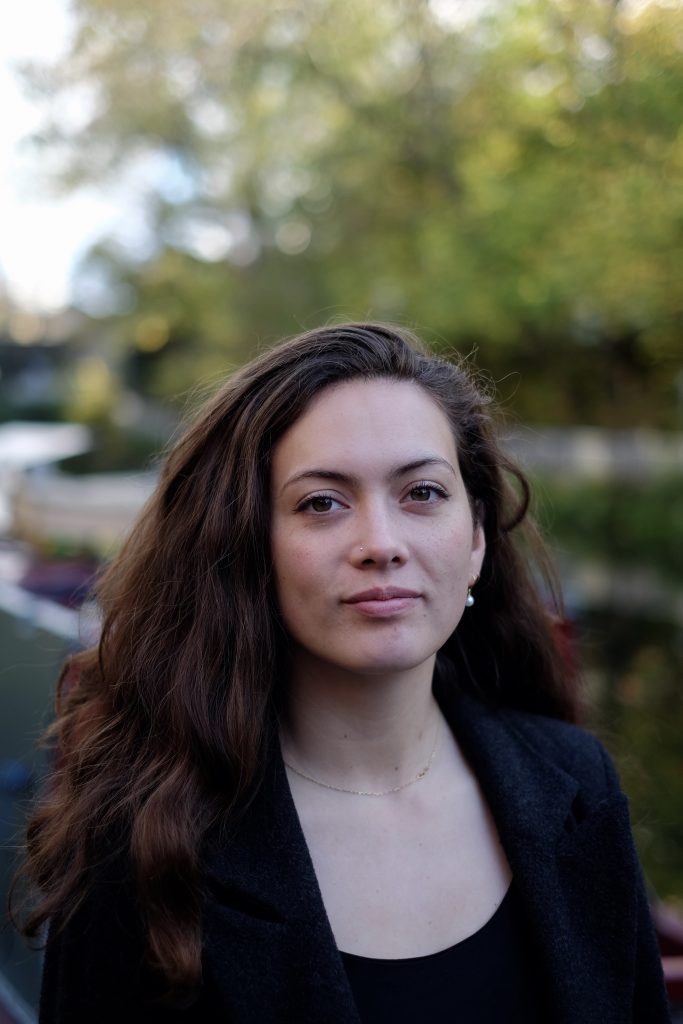Colwall
Pause
It’s quiet here at Colwall station.
As the noise of the train fades into the distance, there is birdsong: the trill of a blackbird, chattering sparrows, the harsh cry of a magpie. The bridge over the single track doesn’t lead to another platform, as you might expect. Instead, if you follow the steps down you will come to a public footpath shaded by willow trees, which leads, as the green sign sticking out of a clump of bushes will tell you, one mile to the Malvern Hills.

An Unwonted Stop
On the 24th of June 1914, Edward Thomas was on his way to visit Robert Frost at Dymock. Thomas wasn’t a poet yet – many have speculated that it was his trip to Dymock, and the long conversations he had with Robert Frost, that turned his pen from prose to poetry.
Edward Thomas was a serial note-taker, and the poem ‘Adlestrop’ grew out of the detailed notes he made at that small unexpected stop:
Yes. I remember Adlestrop—
The name, because one afternoon
Of heat the express-train drew up there
Unwontedly. It was late June.
The steam hissed. Someone cleared his throat.
No one left and no one came
On the bare platform. What I saw
Was Adlestrop—only the name
And willows, willow-herb, and grass,
And meadowsweet, and haycocks dry,
No whit less still and lonely fair
Than the high cloudlets in the sky.
And for that minute a blackbird sang
Close by, and round him, mistier,
Farther and farther, all the birds
Of Oxfordshire and Gloucestershire.
(Adlestrop, Edward Thomas)
Another train passenger travelling to Ledbury was struck by the rural quiet of the area over 100 years later. Ledbury critic Stephanie Sy-Quia recalls:

‘I arrived at Ledbury station one night in November for the Ledbury Critics’ residency, my first. I hadn’t left London in months, and as the train pulled into the single-track station, I was struck by how dark it was outside. Several of us had travelled up together from London, or meeting at Birmingham New Street. As we alighted on the platform, there were festival volunteers waiting to claim us – we agreed we felt like children leaving London during the Blitz, but obviously under very different and joyous circumstances – and we were driven through the dark and the quiet to beautiful houses dotted about the town. We woke to misty hills, the sound of wind in more than one tree, and church bells. I was so struck by the aural texture of the place, and how quickly I’d gotten used to London nights with their permanent sodium light fizz and ambulance sirens. Here I could fill my lungs again; I felt rested and reaffirmed in a sense of vocation.’
Eat, Sleep, Poetry, Repeat
Over the years, many poets have found a welcome refuge in this part of the country. Just as some of the Dymock poets were put up by local farmers, the people of Ledbury and the surrounding area today continue to host poets in their homes over the course of the Festival providing a comfy bed, hot meals, and a slice of local life.

The poet Yang Lian provided this reflection of his stay in Ledbury:
‘There are hundreds, if not thousands, of poetry festivals worldwide, but to me, Ledbury Poetry Festival is a very special one. I had some great experiences in the two times when I was invited there. Firstly, the town represents a very special depth of the nature and the history of England with all its beautiful and ancient buildings, and thus naturally became the best setting for international poetry. Even more, we were also invited to come live with an English family, so the discussions of poetry were not only happening in the events, but at all times day and night, with both poets and Ledbury people, and exchanging poetical understandings with these people brought the poetry down to earth.’
‘Bringing poetry down to earth’ is an important part of Ledbury Poetry Festival: poetry doesn’t just happen in prestigious publishing houses or dusty studies. Instead, it happens everywhere, from dinner tables to woodland walks to rural train stations like this one.
Credits
Yang Lian’s excerpt is taken from Hwaet! (Bloodaxe Books, 2016)

